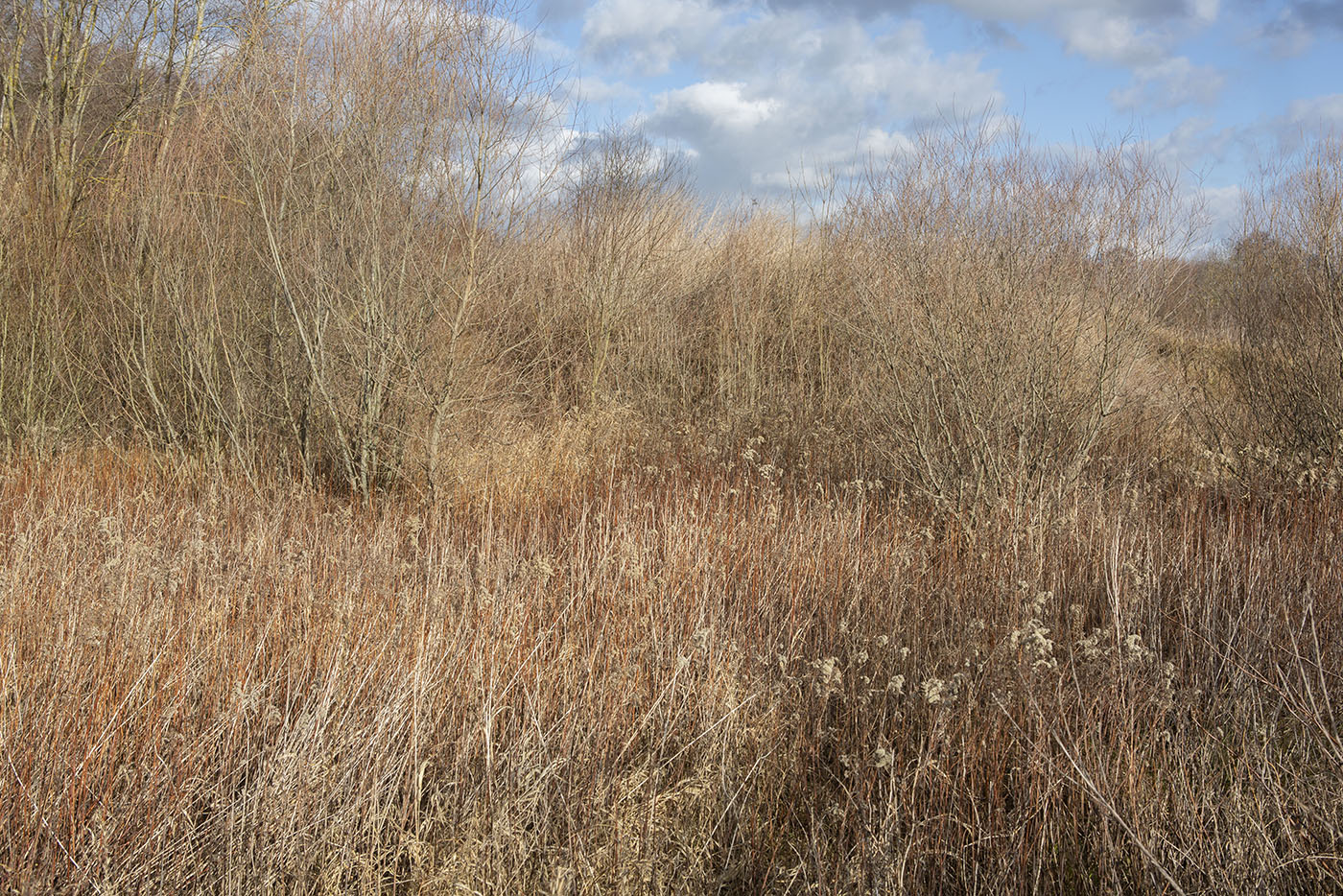Unpleasant Affairs
PLANTAGE DACHAU (wt)
In their artistic research, Unpleasant Affairs, made up of its members Manon Haase and Carolin Kapp, reflect the historical context of the “Plantage Dachau (Dachau Plantation)” and examines its subsequent use from 1945 until the present day.
The project stemming from this research will premier during this year’s SPIELART Theatre Festival.
Here, the two artists will provide an advance glimpse into their work process.
The History of the “Plantage Dachau (Dachau Plantation)”
The “Plantage Dachau (Dachau Plantation)” is located within Munich’s periphery. It is an unpleasant affair:
The plantation – also known under the euphemistic moniker “herb garden” – was constructed and set up under the supervision of the German Research Institute for Nutrition and Nourishment, itself standing under the auspices of the SS, as a subcamp to and in the immediate vicinity of the Dachau concentration camp, in 1938. At its origin, the “plantation” is intimately connected to the national socialist “blood-and-soil” ideology as well as with the term “German plaice and homeland”. 220 hectares of acreage were cultivated by up to 1,600 prisoners, under inhumane conditions. The majority of them were Jews, Sinti, and Roma. Many lost their lives working there.
The outsourced sub-camp served as a prototype for the Nazis to explore compost and to further knowledge of healing properties in plants as well as to investigate German spice and herb production, following the principles of anthroposophical biodynamic agriculture. Enormous gladiola fields were supposed to deliver vitamin C and healing plant substances for the Wehrmacht, and endemic plants were slated to provide substitutions for a self-sufficient food and medicinal supply. The plantation formed a building block towards the planned war of aggression and the isolated Third Reich phantasmagoria of omnipotence – a research institute between esoterism and efficiency?
What Is The “Plantage Dachau (Dachau Plantation)” Today?
In 2007, the Dachau city gardening department undertook the first maintenance and cultivation attempts since the site’s decommissioning. In its wake, an inventory of its vegetation was carried out, aiming to determine how much of the old vegetational stock from the NS era remained on site. The result: Today’s existing stock is characterised by negligent care and plant succession.
This is akin to the remembrance on site; it follows negligent principles. The gardening premises were transferred into the possession of the Dachau municipality in the 1950s, who subsequently sold large parts of the area in the ensuing years while initiating the site’s repurposing. An industrial area emerged. The structural remainder of the NS edifices was rededicated to serve as accommodation for homeless people and people carrying refugee experience, which exists to this day.
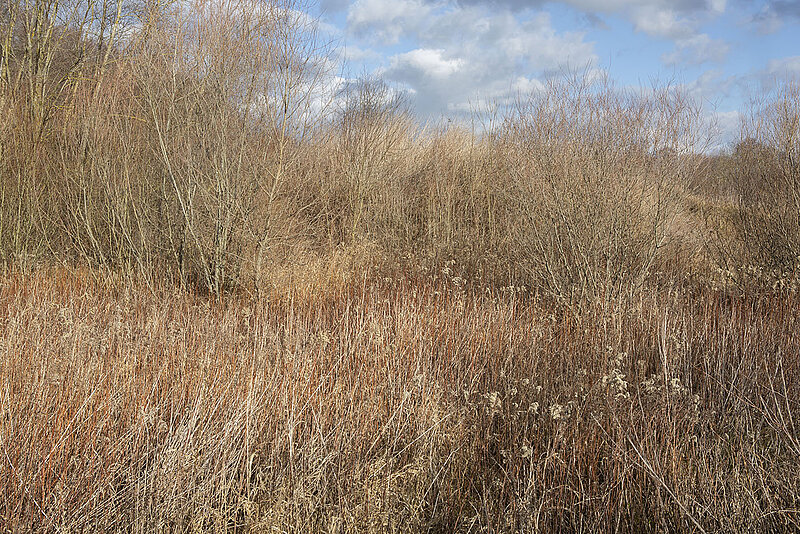
About Unpleasant Affairs
Unpleasant Affairs takes a ride into the periphery for the PLANTAGE DACHAU (AT) performative intervention. Unpleasant Affairs is made up of Manon Haase (director) and Manon Haase (dramaturge). They network for their research, conduct interviews with local decision-makers, residents, and historians, visit archives and stay on-site to understand the structures and the inscriptions unto the landscape.
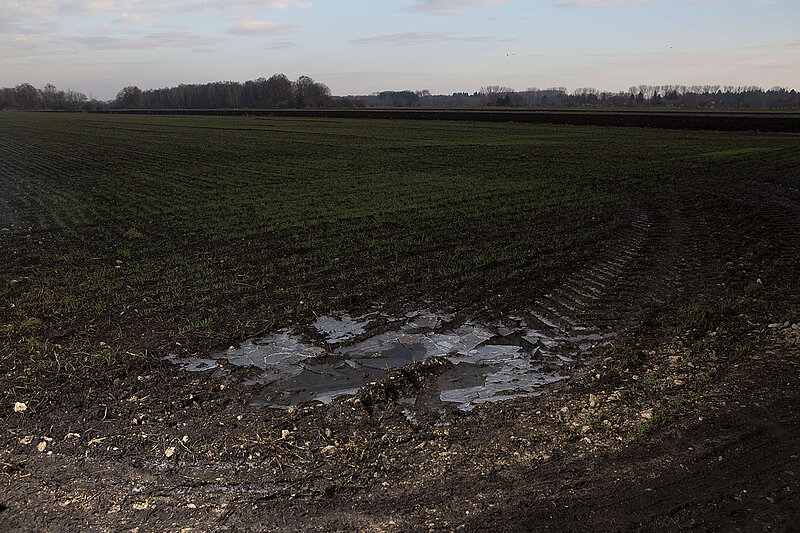
Excerpts from the Interview Questionnaire
Do you think about history often? Yes/No? Why?
What does Dachau mean to you?
How much living space do you need to thrive?
What does the term “antisocial” mean?
How do you define crimes against humanity?
What would you resist against?
Do you rely on self-sufficient nourishment?
Do you remedy yourself with homeopathy?
Have you been stocking up on your own food supply?
Do you compost?
What will this place look like in 100 years from now?
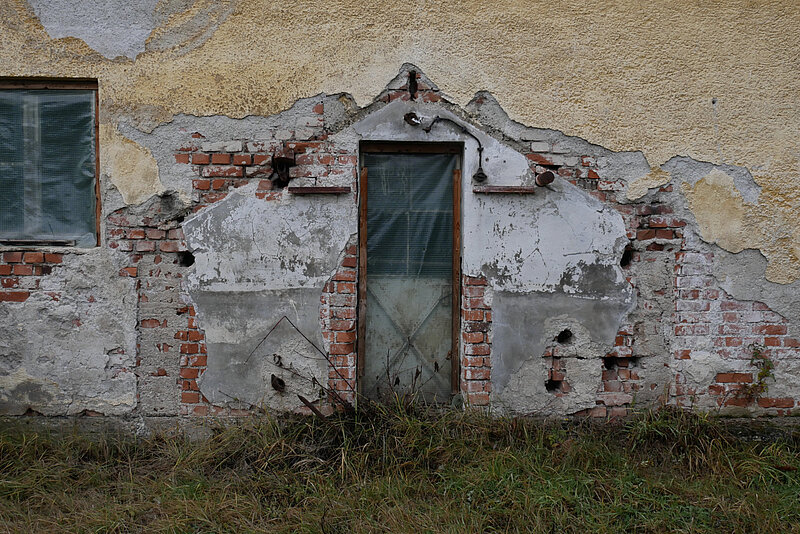

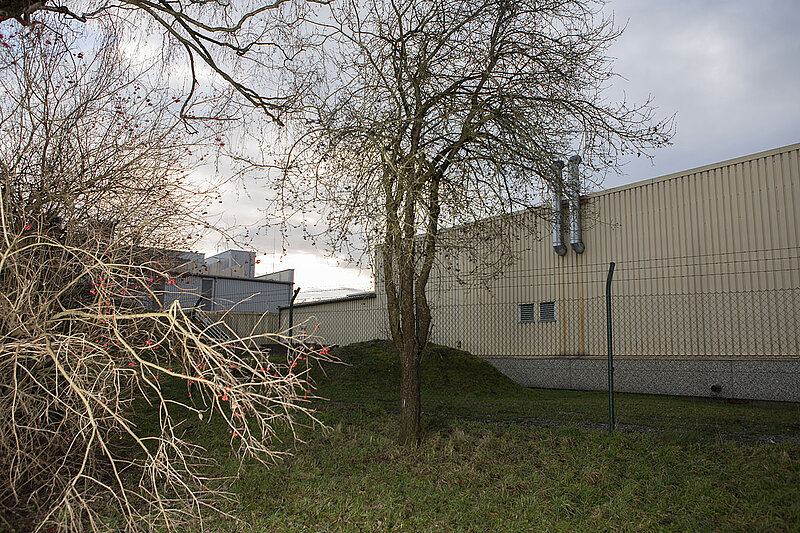
Photos: © Constanza Melendéz. The photographs were taken as part of the website project https://plantage-dachau.de/ by Beo Tomek.

